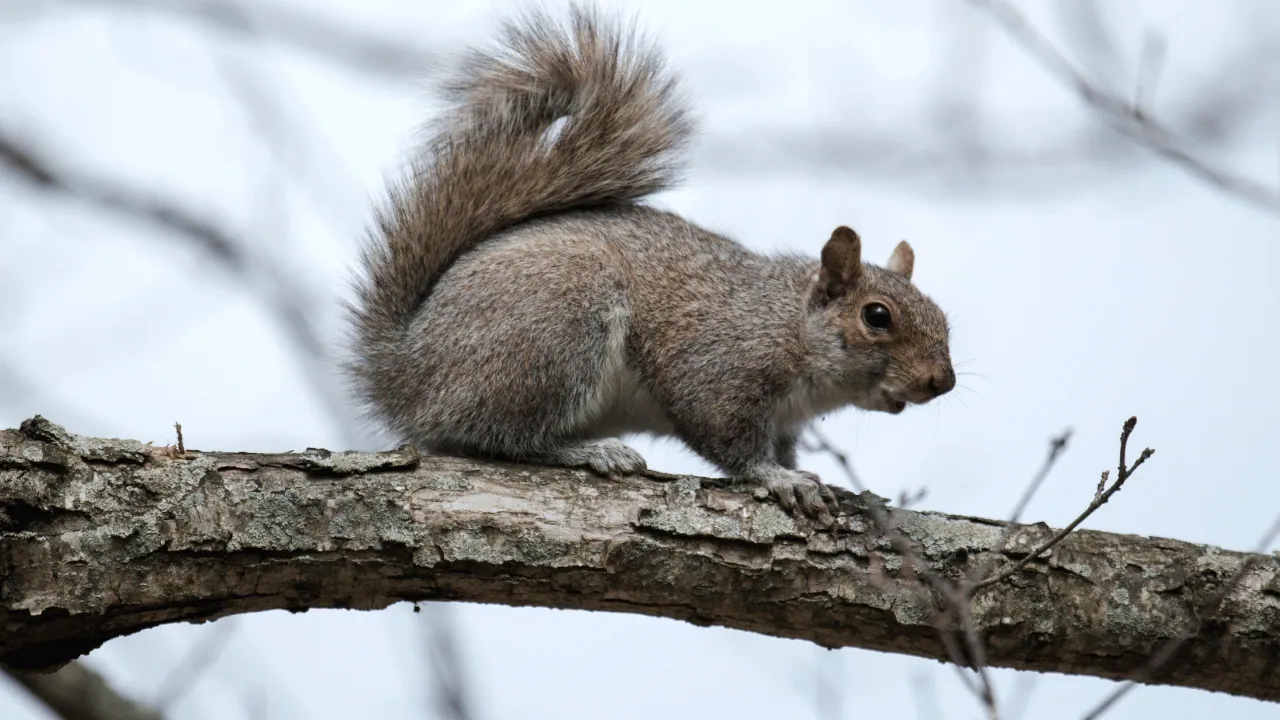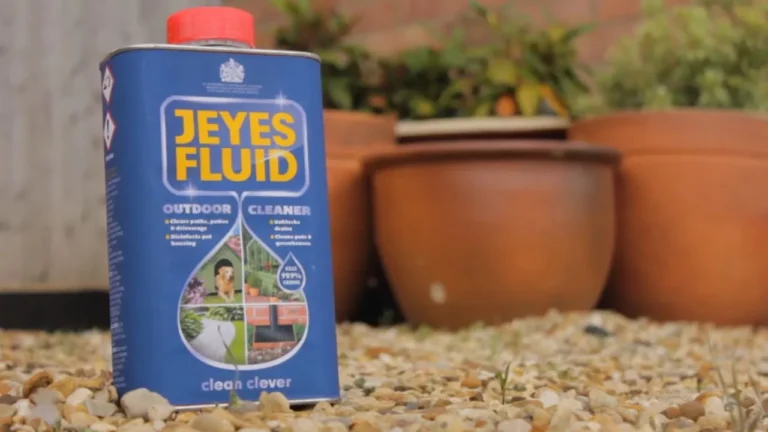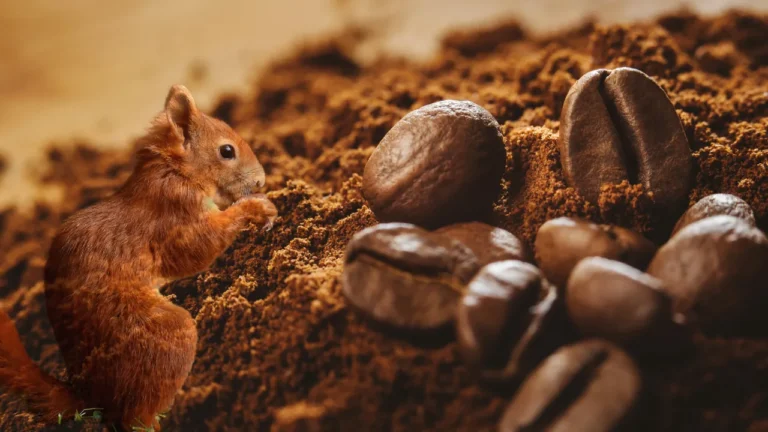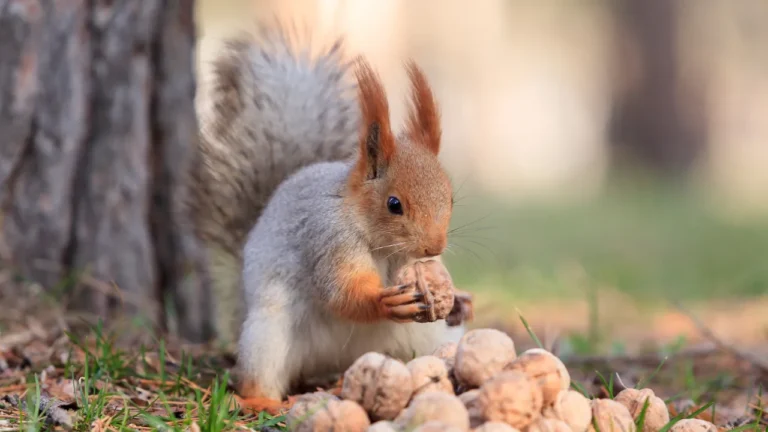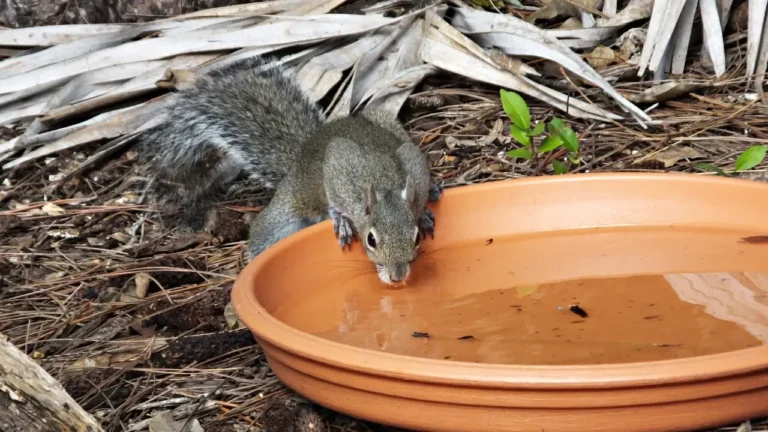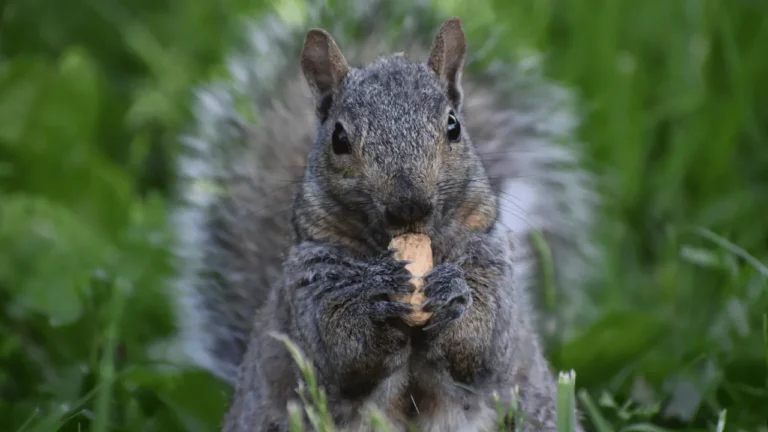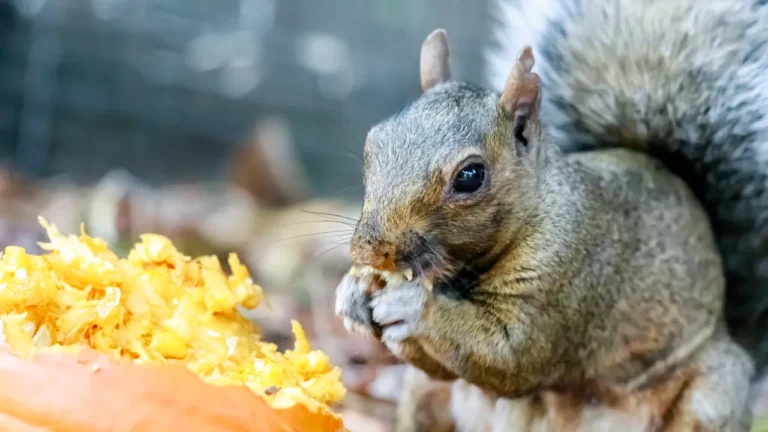Why Do Squirrels Nip Off Branches?
If you have a garden and you are worried about who nips off your trees and plant branches. You will be surprised to know that squirrels nip off the tree branches. These tiny animals are commonly seen in North America and are very clever and quick. Now, the question that comes to your mind is, “Why Do Squirrels Nip Off Branches?”.
There are a lot of reasons behind this activity of squirrels. They do not try to damage the trees by nipping off branches, but their survival depends on this activity. Their teeth grow very fast, and nipping of tree branches and bark helps them to keep the teeth in size, clean, and sharp. If their teeth grow bigger they will be unable to eat food due to irregular shape and size. So their survival depends on it.
If you think that the answer to your question lies only in the statement mentioned above, then it is totally wrong. Multiple reasons force squirrels to nip off branches. They chew the branches to get essential vitamins and nutrients present in the tree bark. They drink the sap from the bark with their sharp teeth and this sap helps them to get these vitamins and nutrients. This chewing activity also acts as a stress reliever for the squirrels. Pregnant squirrels nip off tree branches, and this releases their stress.
Summary
Why Do Squirrels Nip Off Branches? Squirrels Nip Off branches to maintain their teeth health, and they also drink SAP to fulfill their body requirements of minerals, vitamins, and other nutrients. They also perform this activity to release their stress level. Squirrels ‘ nip-off activity is totally for fulfilling their objectives.
You can stop them from doing this activity in your garden by using plenty of techniques and strategies. The main one is to remove their food and water sources. Hopefully, you will get a suitable answer to your question in this blog.
Reasons Behind “Why Do Squirrels Nip Off Branches”?
Squirrels nip off tree branches for multiple reasons, and some of the major ones are:
Teeth Health
Squirrels are very smart when it comes to their health and safety. They nip off tree branches for the health of their teeth, with which they chew and eat their food to get lots of energy.
Squirrels have 4 teeth in the mouth, two teeth each in the upper and lower jaw. Squirrel’s teeth grow continuously through life like our nails. If we do not trim our nails, they grow in irregular patterns, and a time comes when we face difficulty in picking and handling things due to elongated nails. The same is the case with squirrels. They have to trim their teeth to make them hassle-free. If their teeth grow in an irregular pattern, then they can’t use them for gnawing, and they can’t even close their mouth. For this purpose, squirrels Nip off the tree branches, and this helps them trim their teeth.
Why Do Squirrels Eat Tree Bark? If you are thinking that trimming teeth is the only reason for chewing and eating tree bark, then it’s totally wrong. Squirrels need sharp teeth for chewing food and nipping off the tree bark to make their teeth sharp and inline. Eating tree bark also helps them to keep their teeth clean. So squirrels fulfill multiple aspects by Nipping Off tree barks.
Stress Relieving
Squirrels nip off tree branches, and this activity serves as a natural stress reliever for them. Like other animals and humans, squirrels also face situations in which they are stressed and need some remedy. Most of the time, it was noticed that pregnant squirrels who are about to give birth nip off tree branches more frequently than others. So, nipping off branches helps the pregnant squirrels to release their stress. They also feel stress like other animals and humans as the birth time comes closer.
Squirrels chew the tree barks and other parts during stress, and this activity provides them with nervous energy and a mental relaxation situation. Stress is a poison for health, and this smart creature knows it very well. So, squirrel stress relieving is also an answer to your question, “Why Do Squirrels Eat the Bark of Trees?”
You can stop squirrels from climbing metal poles by applying different tricks and techniques. These techniques include placing physical barriers and applying lubricants and deodorants.
Food Source
Although squirrels have access to plenty of food during the whole year, in some seasons, the food is unavailable due to weather conditions. Especially at the start of the spring season and in winter, there is no food available for squirrels in the shape of berries, veggies, and fruits. To fulfill their body needs, they have to search for a source of food and energy.
The answer to your question, “Why Do Squirrels Eat Bark?” is that in the situation where they have no food, they rely on the tree’s bark. They chew them and get the sap, or after nipping the bark, they get access to the soft tissues of the trees. These soft tissues are Cambium layers of trees, which have growth cells of plants, and they are rich in sugars and nutrients.
In this way squirrels get food by nipping off tree bark and fulfill their body needs accordingly. That’s why I often call them hard-working small mammals.
Nesting
Squirrels made nests with different materials like leaves, twigs, moss, nip-off branches, and barks. Their nests are called dreys, and these dreys are of different sizes and shapes as per squirrel’s requirements.
Squirrels nip off tree branches and use them in the development of their dreys and also use these branches to cover their nests. These nipped-off branches serve as an insulator and protect the nest from strong wind in winter.
They store their food in nests, and their young ones are also in the nests during cold weather. So, they make it strong using nipped-off branches. Twigs and squirrels have strong relations as they place the twigs in the nest to make it soft for their young ones.
Squirrels are very intelligent, smart-minded, and clever. They have a strong memory and remember humans for a long time.
Nutrients and Minerals Consumption
Whenever you think about “Squirrels Nipping Off Tree Branches,” be clear that they perform the task for specific reasons; squirrels are very clever; they know they will get delicious SAP rich with nutrients and minerals by Nipping off tree bark.
They nip the outer bark of trees and get access to the soft tissues having SAP. This liquid is enriched with minerals and nutrients, specially loaded with sodium. Squirrels drink this liquid mostly in autumn and spring when they have little access to food and water.
How To Stop Squirrels From Chewing Off Tree Branches?
If you observe that squirrels Nipping off activity is affecting your plants and trees then you can restrict them from entering your garden. Squirrels can be restricted in different ways using various techniques. Some of the major ones are
- Remove available food and water sources from your garden, either on the ground or on bird feeding poles. Because squirrels find food wherever you place and they reach there by passing through all the hurdles.
- Put polythene bags around the trees; it weakens the squirrel’s grip and restricts them from climbing a tree.
- Squirrels do not like the fragrance of some flowers, and they avoid going to places where these flowers are present. The main ones are daffodils, marigolds, mint, lily of the valley, snowdrops, alliums, crane’s bill, and fritillaries.
- You can use deterrents to stop squirrels from entering your garden. Squirrels hate different deterrents, and they avoid going near. Deterrents include predator urine such as (Fox and Coyote). This triggers the squirrel’s mind and forces them to leave the place. Deterrents also include garlic, vinegar, cinnamon, Irish soap, and rosemary extract.
Conclusion
Squirrels are very clever tiny creatures, and all their activities are directly linked with their body requirements or survival. They do not perform any activity without any purpose. They nip off tree branches to keep them relaxed and fit and to consume tree fluids containing essential nutrients and vitamins. You can stop them from doing so if you think they are spoiling your plants and trees. Follow any of the procedures mentioned above to keep them away from trees.

